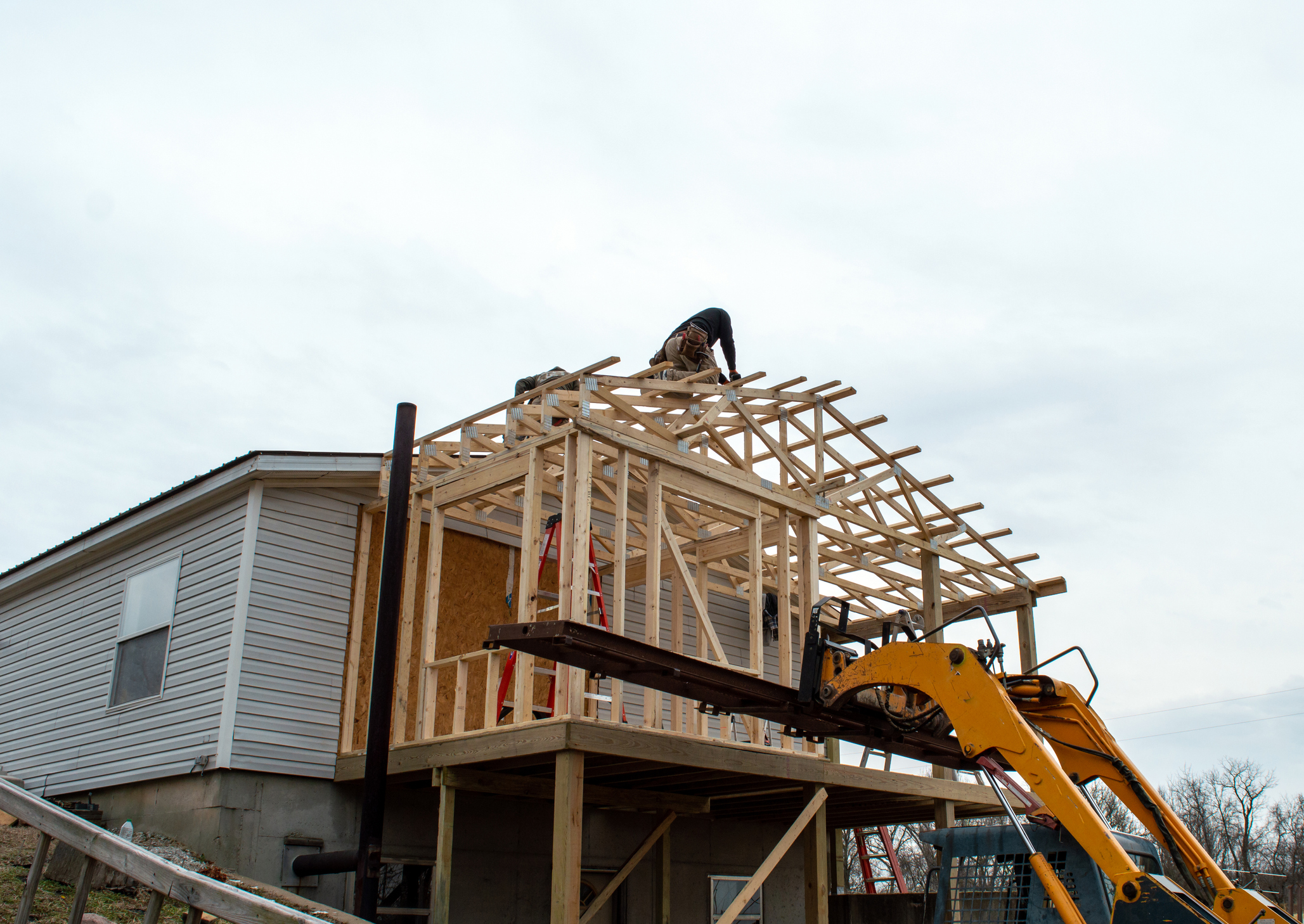Finding a contractor that suits your needs and your home’s needs is one of the trickiest parts of planning a remodel. Whether you’re looking at adding square footage with a home addition, or just breathing some modernity into your home with a kitchen or bathroom remodel, choosing the wrong contractor is just about the worst mistake you can make.

Home remodeling projects range from small handyman jobs like painting a room or installing new flooring, to major renovations like kitchen and bathroom remodels and new room additions. With so many varied types of projects, it makes sense that any one contractor won’t always be the best fit for your job. With so many companies to choose from, it can be confusing for homeowners to decide what type of contractor is the best fit for their project vision and budget. Below we’ll go over the four main types of contractors and pros and cons of each. Knowing what to look for in a contractor gives you a step up in negotiation your remodel, and ensures that the company you choose is adequately sized to plan your project, as well as prepared to handle any complications that arise during your remodel.
Handymen
Handymen are best for smaller home improvement jobs like painting, electrical work, plumbing repairs, flooring, and everyday home maintenance. They charge by the hour and often have lower minimum costs than contractors.
Pros of Handymen
Cons of Handymen
General Contractors
General contractors oversee construction projects from start to finish. They manage all aspects, including hiring and overseeing subcontractors, getting permits, scheduling, sourcing materials, and adhering to your budget.
Pros of General Contractors
Cons of General Contractors
Construction Management Companies
General contractors oversee construction projects from start to finish. They manage all aspects, including hiring and overseeing subcontractors, getting permits, scheduling, sourcing materials, and adhering to your budget.
Pros of Construction Management
Cons of Construction Management
Design + Build Contractors
Design-build firms offer integrated architectural design and construction services under one contract, and oftentimes have their own in-house labor as well. This collaborative approach can provide benefits over the traditional design-bid-build model, and is often a cheaper option than having these services rendered by several different companies. Your designer, architect, and builders all being under the same company smooths communication issues, makes scheduling easier, and gives you access to more services for your home without juggling multiple contractors and acting as your own Project Manager, as is common with Construction Management Companies.
Pros of Design + Build
Cons of Design + Build
Comparing the Options
When considering a major remodel, construction management firms and design-build contractors are better suited than general contractors or handymen. Here’s a quick comparison of key factors:
Final Thoughts
The type of contractor best for your remodeling project depends on the scope of work, your budget, and how involved you want to be in the process. Construction management firms optimize homeowner flexibility and control for major renovations. For full-service projects under one contract, design-build contractors are great. General contractors shine for mid-size jobs. Handymen are the most affordable for minor projects.







